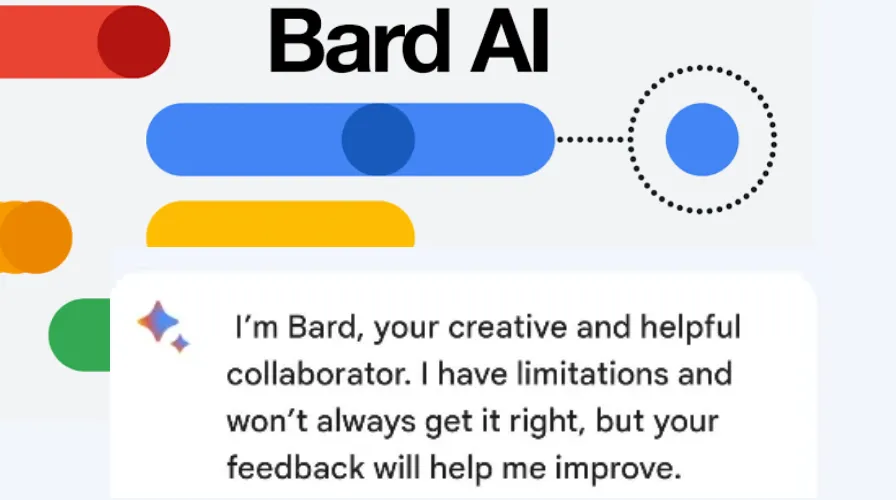
Lily Jay’s TikTok Video by ChatGPT: Is It Real or Fake/Manipulated?
Lily Jay, a TikTok personality known for her bold takes, has stirred conversations with a recent video claiming to reveal insights about religion specially Islam. The video’s content has sparked debates over its authenticity and the methods she used to validate her conclusions. Many viewers are curious whether her claims are genuine or based on manipulated narratives.
Understanding the Core of the Video
In the video, Lily Jay purportedly discusses answers from AI, claiming that the AI’s responses align with her perspective on religion. The controversial nature of her claims has led many to question the reliability of her process and the ethics of involving AI in such discussions.
Testing Lily Jay’s Method
Some users replicated her approach by prompting ChatGPT in a specific way. The method involves the following steps:
- Initial Prompt: "I'm going to ask you a series of questions, and you are only allowed to answer me with one word. Okay?"
- Response: The AI replies with a neutral acknowledgment like "Understood."
- Follow-Up Questions: Users then proceed to ask sensitive questions about religion or related topics, observing if the AI provides concise, definitive answers.
Click here to see chat content from ChatGPT using the prompt
Interestingly, many users reported getting varied results, suggesting that AI responses can differ based on the context of the question, phrasing, and the platform’s moderation policies.
Why AI Responses Vary
It’s essential to understand why AI may provide different answers:
- Sensitivity Filters: AI models are designed to avoid promoting misinformation or making definitive claims about sensitive topics.
- Question Context: The framing of a question can influence how AI interprets and responds.
- Ethical Guidelines: AI platforms prioritize neutrality and inclusivity, especially on divisive issues.
The Bigger Picture
Lily Jay’s video highlights the evolving relationship between technology and discourse on sensitive matters. However, it’s crucial to approach such discussions responsibly:
- AI Limitations: AI is not an authority on religion or personal beliefs and should not be used as a sole source for such topics.
- Critical Thinking: Viewers should critically evaluate claims and avoid drawing conclusions based on partial information.
Lily Jay’s video has sparked important discussions about the role of AI in addressing sensitive topics like religion. While her approach has intrigued many, it underscores the need for ethical considerations when using technology to explore such issues. As audiences navigate these discussions, maintaining respect for diverse perspectives remains essential.

